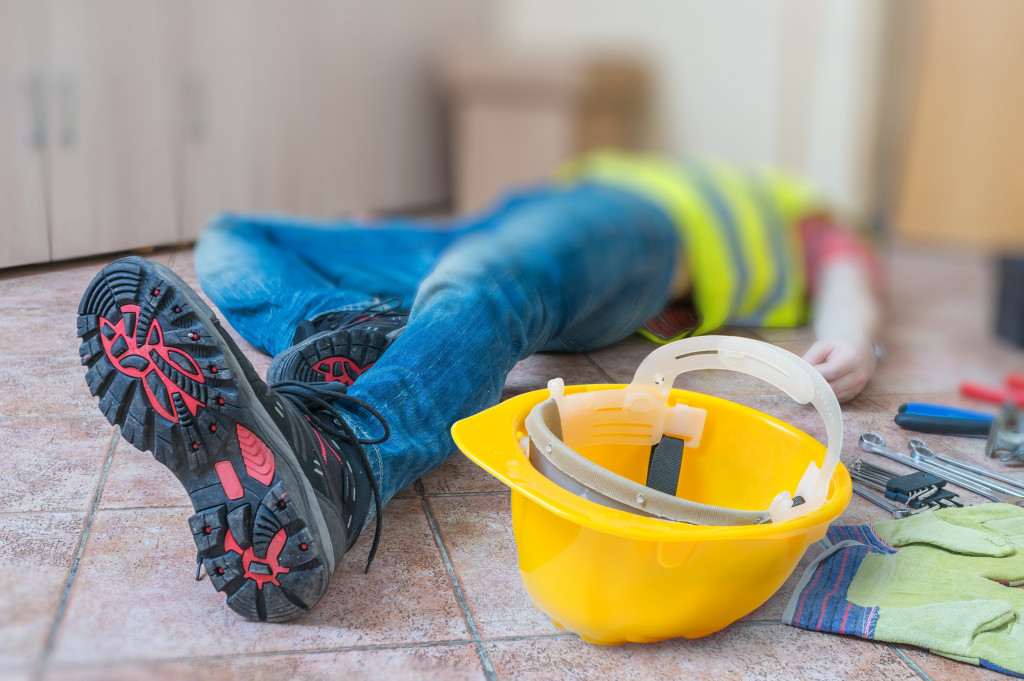Accidents can happen at any time, and most are caused by the negligence and carelessness of one individual. In the event of an accident, the negligent person involved in the mishap is required to shoulder at least a portion of the damages suffered by the other party. This is what’s disputed in a personal injury case. Personal injury cases may not undo what’s already happened, but it may help with medical expenses, lost wages due to injury or death, and pain and suffering.
When filing a claim regarding an accident caused by another person’s carelessness, it’s crucial to provide ample evidence that proves that the other individual is responsible for the damage and injuries. Common physical forms of evidence include medical records, photographs, video recordings, insurance claims, employment records, and payslips.
Besides physical evidence, factual evidence from a witness is necessary as well. This is an often-overlooked piece of evidence that may serve as a critical component to a successful personal injury claim. This brief guide has all the relevant and necessary information about witnesses in a personal injury case.
What are witnesses?
Witnesses are individuals who have seen, heard, or experienced the incident and were present at the scene of the crime. They’re particularly useful for car accident claims, since most of the time, the testimony of the drivers of the vehicles aren’t very helpful, and they may present conflicting information about who was at fault. Witnesses can help an attorney or judge determine which account is more veritable.
Another case where witnesses are essential is if the defendant got into an accident while inside a ride-sharing vehicle. The drivers of the vehicles may only be concerned with their personal safety and the condition of their vehicle that they forget about the well-being of their passenger — thus a Lyft or Uber accident lawyer would need an outside witness to help corroborate the defendant’s story.
Eyewitness accounts provide substantial factual evidence that supports the defendant’s claims, and may even offer up new information that the defendant may not have immediately gathered from the scene of the crime. These statements can come from accident victims, bystanders, family, and friends, or expert witnesses, and they must be collected as quickly as possible. Otherwise, details regarding the event might become hazy after some time has passed, and they may not be worth much.

How do you find witnesses?
Witnesses are usually at the scene of the crime. It’s important to approach the people who saw, heard, or experienced anything related to the incident and collect their contact information. Some witnesses may also be local individuals or neighbors who have noticed any unsafe conditions in the days leading up to the accident. Either the defendant, the attorney, or the officers at the scene will contact the witnesses to gather details that will help build an accurate picture of what exactly happened based on witness statements.
How do you make the most out of a witness?
As soon as the defendant has identified a witness, they must immediately ask for a statement from them before the memories of the event become clouded. Some witnesses may be cooperative, but others may not want to get involved. In the case of friendly witnesses, they can be asked to write down any details that they remember about the incident, and may be asked to testify in court on the defendant’s behalf. The defendant and their attorney can help these witnesses give the most compelling testimony possible by telling them only to answer the questions that are being asked, and not offering up information that hasn’t been asked for or that they don’t truly know. Uncooperative witnesses who don’t want to participate can be sent a subpoena or a summons to appear in court to testify.
What are expert witnesses?
Two types of witnesses can testify: lay witnesses and expert witnesses. Lay witnesses were present at the scene of the crime and include bystanders, family members, coworkers, friends, or accident victims. On the other hand, expert witnesses were not at the scene of the accident, but they can still offer specialized knowledge that can help lawyers and juries understand the facts and evidence presented in a case. They’re not commonly used, and it may be costly and even unnecessary to hire one, but it all depends on what the defendant’s attorney thinks about the case. Common types of expert witnesses that lawyers often consult include medical professionals, accident reconstructionists, first responders, and police officers.
Providing witness testimonies can make or break a personal injury case. This information will help anyone filing a personal injury claim decide whether they need a witness and how to make the most of the witnesses they have to get the most favorable outcome for their case.
